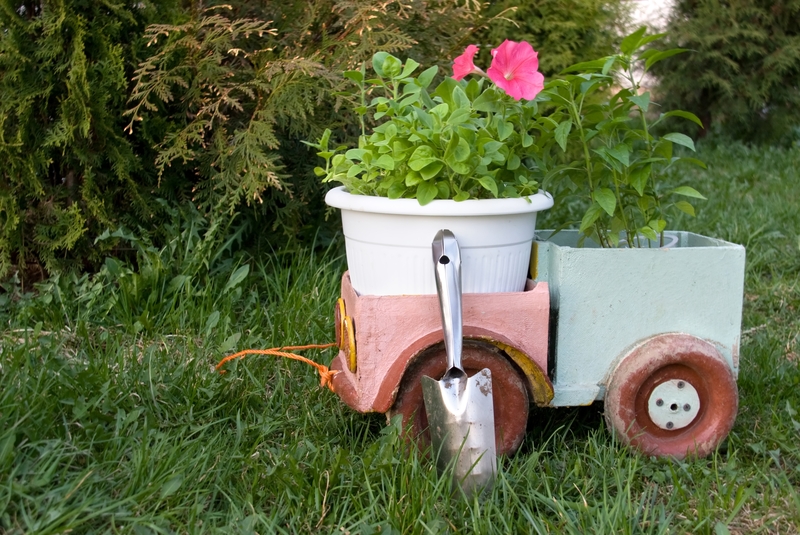Rubbish Disposal Procedures in the UK: A Comprehensive Guide
Introduction to Rubbish Disposal Procedures in the UK
Effective rubbish disposal is critical for maintaining a clean and sustainable environment. The UK has a robust system in place to manage waste, ensuring that rubbish is disposed of responsibly and efficiently. This article delves into the various procedures for rubbish disposal in the UK, including the legal aspects, recycling practices, and tips for effective waste management.

Understanding the Legal Framework
The UK's rubbish disposal system is governed by several laws and regulations designed to promote environmental sustainability and protect public health. Key legislation includes:
- Environmental Protection Act 1990: This comprehensive act provides the framework for waste management and control of emissions.
- Waste (England and Wales) Regulations 2011: These regulations emphasize the importance of waste hierarchy, prioritizing prevention, reuse, recycling, recovery, and disposal.
- Hazardous Waste Regulations 2005: These regulations ensure the safe disposal of hazardous waste to protect human health and the environment.
Types of Waste and Disposal Methods
Waste is generally categorized into several types, each with specific disposal methods:
- Household Waste: Domestic rubbish including food scraps, paper, and packaging. Typically collected by local councils.
- Commercial Waste: Waste generated by businesses such as packaging, food waste, and office materials. Requires specialized collection services.
- Industrial Waste: Includes waste from manufacturing processes, often requires treatment before disposal.
- Hazardous Waste: Items like batteries, chemicals, and medical waste need careful handling and must be disposed of at designated facilities.
Recycling Practices
Recycling is a key component of the UK's rubbish disposal strategy. Major recyclable materials include:
- Paper and Cardboard: Collected through kerbside programs or taken to recycling centers.
- Plastic: Separated into types such as PET and HDPE for effective recycling.
- Glass: Frequently collected at bottle banks.
- Metals: Aluminium and steel cans are recyclable and often collected separately.
- Organics: Composting of food and garden waste is encouraged to reduce landfill usage.
Tips for Efficient Waste Management
Implementing effective waste disposal practices in your daily life can make a significant difference. Here are some tips:
- Segregate Waste: Separate recyclables from non-recyclables right at the source.
- Use Reusable Items: Reduce waste by opting for items that can be used multiple times.
- Compost: Start a compost bin for organic waste like vegetable peels and garden trimmings.
- Stay Informed: Familiarize yourself with your local council's waste collection schedule and recycling policies.
Pros and Cons of Rubbish Disposal Procedures in the UK
Pros:
- Environmental Protection: Reduced landfill use and lower greenhouse gas emissions.
- Resource Recovery: Recycling conserves natural resources and energy.
- Public Health: Proper waste disposal minimizes health risks.
Cons:
- Cost: Effective waste disposal and recycling programs can be expensive.
- Compliance: Adherence to regulations can be challenging for businesses.
- Inconvenience: Rubbish separation and disposal procedures require effort and discipline.

Key Takeaways
- The UK has a structured and systemic approach to rubbish disposal governed by stringent regulations.
- Recycling plays a pivotal role in waste management strategies.
- Understanding the different types of waste and their disposal methods is crucial.
- Proper waste management practices can substantially benefit the environment and public health.
Conclusion
The UK's rubbish disposal procedures are comprehensive and designed to ensure sustainability and public health safety. By understanding and participating in these processes, individuals and businesses can contribute significantly to environmental conservation. Proper waste segregation, adherence to legal guidelines, and active participation in recycling initiatives are essential for maintaining an eco-friendly and healthy community.
